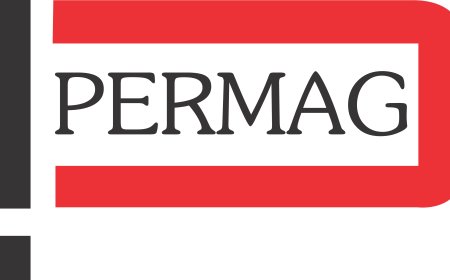Understanding Profit Rates in Sharia-Compliant High-Yield Accounts
Discover how profit rates work in Sharia-compliant high-yield accounts, their ethical investment principles, profit-sharing structures, and key benefits for ethical financial growth.

Identifying Sharia-Compliant High-Yield Account Profit Rates
Sharia banking is distinguished by its commitment to ethical financial practices, emphasizing fairness, transparency, and social responsibility. Sharia-compliant high-yield accounts are becoming an attractive option for individuals seeking both ethical and profitable ways to grow their savings. Unlike conventional charge-based accounts, these accounts follow Islamic finance principles, ensuring that profit and risk are shared equitably between the bank and the account holder. This blog provides insights into how profit rates function in Sharia-compliant high-yield accounts, helping you make informed financial choices.
What Are Sharia-Compliant High-Yield Accounts?
Sharia-compliant high-yield savings account or investment accounts operate under Islamic finance principles. The prohibition of riba (interest) is a fundamental rule in Sharia banking, as interest-based transactions are considered exploitative. Instead, these accounts generate returns through profit-sharing agreements or investments in Sharia-approved ventures.
The two most commonly used structures in these accounts are:
-
Mudarabah (Profit-Sharing): The account holder (investor) provides funds, while the bank acts as a manager, investing the money in Sharia-compliant ventures. Profits are shared based on a pre-agreed ratio, while any losses are borne solely by the investor, provided the bank has acted responsibly.
-
Wakalah (Agency): In this arrangement, the account holder appoints the bank as an agent to invest funds on their behalf. The bank may charge an agency fee, and any profits generated are distributed to the account holder after deducting this fee.
How Are Profit Rates Determined?
Profit rates in Sharia-compliant high-yield accounts differ from the fixed interest rates in conventional banking. Several factors influence these rates:
-
Investment Performance: Profit rates depend on the success of investments made by the bank in ethical and Sharia-compliant ventures such as real estate, halal businesses, and sukuk (Islamic bonds).
-
Profit-Sharing Ratios: When opening a Sharia-compliant high-yield account, the account holder and the bank agree on a profit-sharing ratio. For example, the bank may retain 40% of the profits while allocating 60% to the account holder. This arrangement is transparent and predetermined.
-
Market Conditions: Economic trends, market dynamics, and the performance of Sharia-compliant investment sectors influence profit rates. Unlike fixed-interest accounts, where the rate remains constant, returns in Sharia-compliant accounts can fluctuate.
-
Bank Efficiency: The bank's expertise in identifying and managing profitable, ethical investment opportunities significantly impacts overall returns. Efficient management results in higher profits for both the bank and the account holder.
Key Benefits of Sharia-Compliant High-Yield Accounts
-
Ethical Investments: Funds are directed toward socially responsible and Sharia-compliant ventures, excluding industries such as gambling, alcohol, and speculative trading.
-
Profit and Risk Sharing: This model fosters a fair partnership between the account holder and the bank, ensuring equitable distribution of profits and adherence to Islamic financial principles.
-
Competitive Returns: Although profit rates may fluctuate, Sharia-compliant high-yield accounts often offer competitive returns compared to conventional savings or fixed deposit accounts.
-
Transparency: Profit-sharing ratios and investment details are disclosed upfront, ensuring clarity and peace of mind for account holders.
Choosing the Right Sharia-Compliant High-Yield Account
To make an informed decision when selecting a Sharia-compliant high-yield account, consider the following:
-
Understand the Profit-Sharing Agreement: Fully review the terms, including the profit-sharing ratio, before committing.
-
Research the Banks Investment Practices: Opt for a bank with a strong track record in managing Sharia-compliant investments.
-
Compare Profit Rates: Examine the historical performance of different banks to assess potential returns.
-
Ensure Sharia Compliance: Verify that the bank's operations and investment strategies are certified by a reputable Sharia supervisory board.
Sharia-compliant high-yield saving accounts provide an ethical and effective way to grow your savings while adhering to Islamic financial principles. By understanding how profit rates are determined, you can make well-informed decisions that align with both your financial goals and values. As interest in Sharia banking continues to grow, these accounts offer a compelling alternative to conventional savings options, promoting fairness, transparency, and shared prosperity.









































